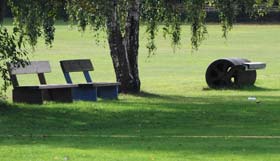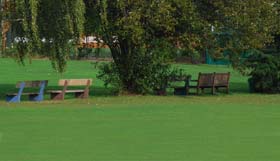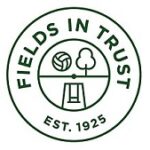
Financial Management
The financial management of the Shepherds Cot Trust (SCT) is the responsibility of the trustees. The SCT Treasurer produces a report for review at each Trustees meeting. The Annual Accounts are prepared and subject to an independent audit.
SHEPHERDS COT TRUST FINANCIAL GUIDELINES
Trustee monies
- The trustees will establish appropriate banking facilities for the receipt, holding and disbursement of funds. These will be documented together with appropriate spending and payment authorisation controls (including ‘special business’ levels) and appropriate procurement guidelines.
- Trustees must declare any potential conflict of interest in respect of procurement or the provision of paid services.
- Bank statements will be sent to two trustees.
- The trustees will arrange for appropriate accounting records to be kept and examined annually by an independent assessor. These will be circulated to the member clubs. All accounting records will be retained for a minimum of seven years.
- Funds may only be disbursed to the benefit of the Trust itself, or that of member clubs.
- All cheques must be signed by two trustees.
- The Trustees will hold surplus funds against future disbursements or contingencies. If the Trustees consider that any surplus is in excess of likely future disbursements contingencies they will consult with the member clubs on how to deal with such an excess.
Specific guidelines
Spending limits (other than for utility bills):
- Up to £500: to be authorised by any two trustees (no more than 4 times in any financial year. by the same two trustees) and reported to and minuted by the trustee board ex post.
- £500 – £2500: to be authorised and minuted by the trustee board ex ante.
- Over £2500: subject to the second category of ‘special business’ rules.
- All expenditure to be properly invoiced and receipts preserved.
Procurement guidelines:
- Up to £500: at the discretion of the authorising trustees.
- £500-£2500: at least one estimate to be provided to the trustee board, which will consider whether it is appropriate to seek a second estimate.
- Over £2500: at least two estimates to be obtained, unless the trustees agree under the second category of ‘special business’ rules that this is inappropriate.







